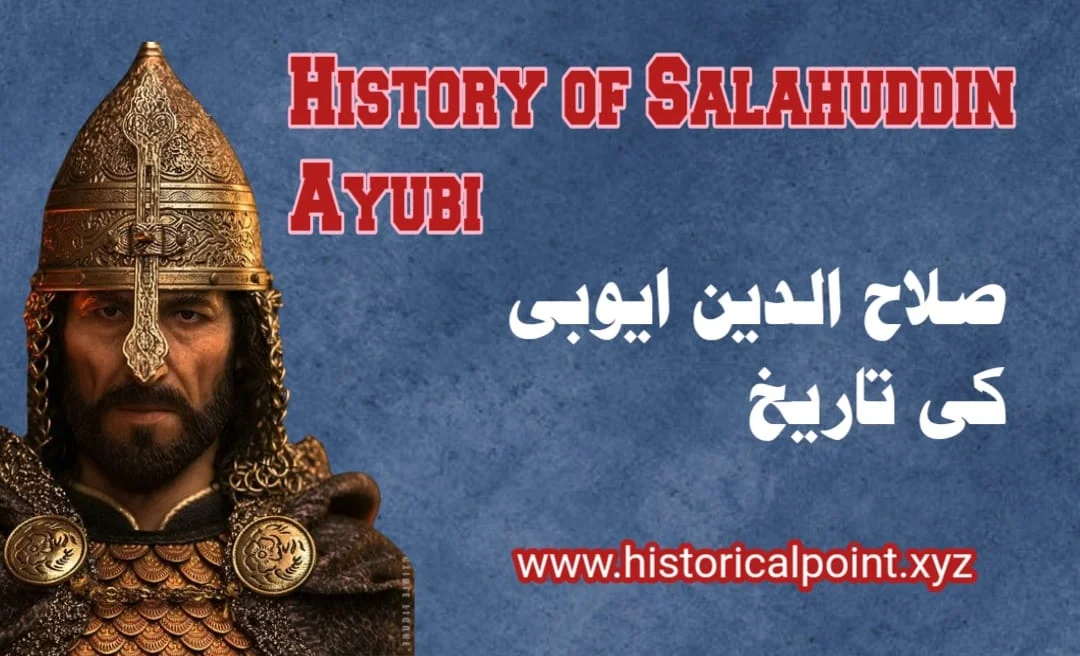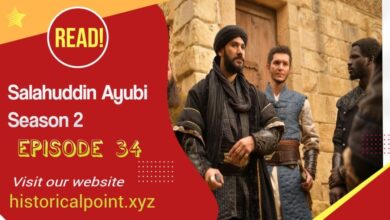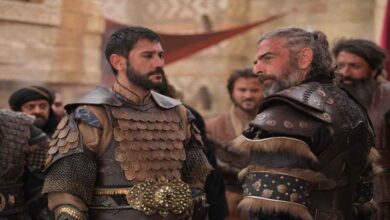
History of Salahuddin Ayubi (Saladin)
Explore the remarkable history of Salahuddin Ayubi, the noble Muslim leader who united the Muslim world and reclaimed Jerusalem. Salahuddin Ayubi, known in the West as Saladin, was a remarkable figure in medieval history. Born in 1137 in Tikrit, Iraq, he rose from modest beginnings to become one of the most revered Muslim leaders and military commanders.
His legacy, characterized by chivalry, justice, and piety, remains influential in both the Muslim world and the West. This blog explores his life, achievements, and lasting impact.
Early Life and Background of Salahuddin Ayubi
Salahuddin was born into a Kurdish family, his father, Najm ad-Din Ayyub, and uncle, Shirkuh, were prominent military leaders serving the Zengid dynasty. This environment provided Salahuddin with a strong foundation in military and administrative skills.
Click here to read the Sultan Salahuddin Ayubi Family Tree.
Childhood and Education
From an early age, Salahuddin was exposed to the world of politics and warfare. Moreover, his education included religious studies, which played a crucial role in shaping his character and leadership style. Additionally, Salahuddin’s upbringing was deeply rooted in Islamic principles, which later influenced his policies and interactions with others.
Rise to Power
Serving Under Nur ad-Din
Salahuddin’s early career was marked by his service under Nur ad-Din, the ruler of Aleppo. Nur ad-Din was a key figure in the Muslim resistance against the Crusaders, and Salahuddin’s involvement in these campaigns honed his military acumen.
Campaigns in Egypt
In 1164, Salahuddin accompanied his uncle Shirkuh on a campaign to Egypt, then ruled by the Fatimid Caliphate. The mission was to counter the Crusader threat and establish Zengid influence. After a series of successful battles, Salahuddin became the vizier of Egypt in 1169, following Shirkuh’s death.
Consolidation of Power
Salahuddin’s position in Egypt allowed him to consolidate power and establish the Ayyubid dynasty. Subsequently, he successfully navigated the political landscape, balancing relationships with both the Abbasid Caliphate and the local Egyptian population. Moreover, his leadership was marked by significant reforms in administration, finance, and the military.
The Unification of Muslim Forces
The Challenge of Unity
One of Salahuddin’s most remarkable achievements was the unification of the Muslim forces in the region. The fragmentation of the Muslim world had allowed the Crusaders to establish and maintain a presence in the Levant. Salahuddin’s vision was to create a unified front to counter this threat.
Diplomacy and Warfare
Salahuddin employed a combination of diplomacy and military prowess to achieve his goals. He forged alliances with various Muslim leaders, using both persuasion and strategic marriages. His campaigns against rival factions were conducted with a focus on minimizing bloodshed and fostering reconciliation.
The Role of Jihad
Central to Salahuddin’s mission was the concept of jihad, not merely as a military endeavor but as a spiritual and moral imperative. He framed the struggle against the Crusaders as a defense of Islam and Muslim lands, rallying support from across the region.
The Crusades and the Battle for Jerusalem

The Crusader States
The establishment of the Crusader states in the Levant posed a significant challenge to Muslim control. The Kingdom of Jerusalem, in particular, was a focal point of conflict. Salahuddin’s campaigns aimed to dismantle these states and reclaim Jerusalem.
The Battle of Hattin
The Battle of Hattin in 1187 was a turning point in the Crusades. Salahuddin’s forces decisively defeated the Crusader army, capturing King Guy of Lusignan and many high-ranking nobles. This victory paved the way for the Muslim reconquest of Jerusalem.
The Siege of Jerusalem
Following the Battle of Hattin, Salahuddin laid siege to Jerusalem. The city’s defenders, realizing the futility of resistance, negotiated terms of surrender. Salahuddin’s treatment of the city’s inhabitants was marked by mercy and respect, in stark contrast to the brutality of the Crusaders during their initial conquest.
Leadership and Governance
Principles of Justice and Mercy
Salahuddin’s leadership was characterized by a commitment to justice and mercy. His policies aimed at ensuring the welfare of his subjects, regardless of their religion or ethnicity. He is often remembered for his fair treatment of both Muslims and non-Muslims, earning him respect and admiration from friends and foes alike.
Administrative Reforms
To ensure effective governance, Salahuddin implemented significant administrative reforms. He reorganized the tax system, promoted agriculture, and supported trade. His efforts contributed to the economic stability and prosperity of his realm.
Patronage of Learning and Culture
Salahuddin was a patron of learning and culture, fostering an environment where scholars, poets, and scientists could thrive. He established schools, libraries, and mosques, promoting education and the spread of knowledge.
Personal Traits and Legacy
Chivalry and Ethics
Salahuddin’s chivalry and ethical conduct were legendary. He adhered to a strict code of honor, both on and off the battlefield. His interactions with his enemies were marked by respect and generosity, qualities that endeared him to many.
Religious Devotion
A devout Muslim, Salahuddin’s religious devotion was evident in his daily life. He observed the pillars of Islam diligently and encouraged religious observance among his followers. His faith was a source of strength and inspiration.
Death and Succession
Salahuddin passed away in 1193, leaving behind a legacy that would influence generations. His death marked the end of an era, but his impact on history endured. His successors continued to uphold the principles he championed, though the Ayyubid dynasty eventually gave way to the Mamluks.
Conclusion
Salahuddin Ayubi’s life is a testament to the power of vision, leadership, and faith. Firstly, his achievements in unifying the Muslim world are unparalleled. Furthermore, reclaiming Jerusalem was a significant milestone in his career.
Additionally, he established a just and prosperous realm that has been unmatched. Consequently, Salahuddin’s legacy transcends time and geography, serving as an enduring example of noble leadership. Ultimately, his story continues to inspire and resonate, reminding us of the values of justice, mercy, and unity.



